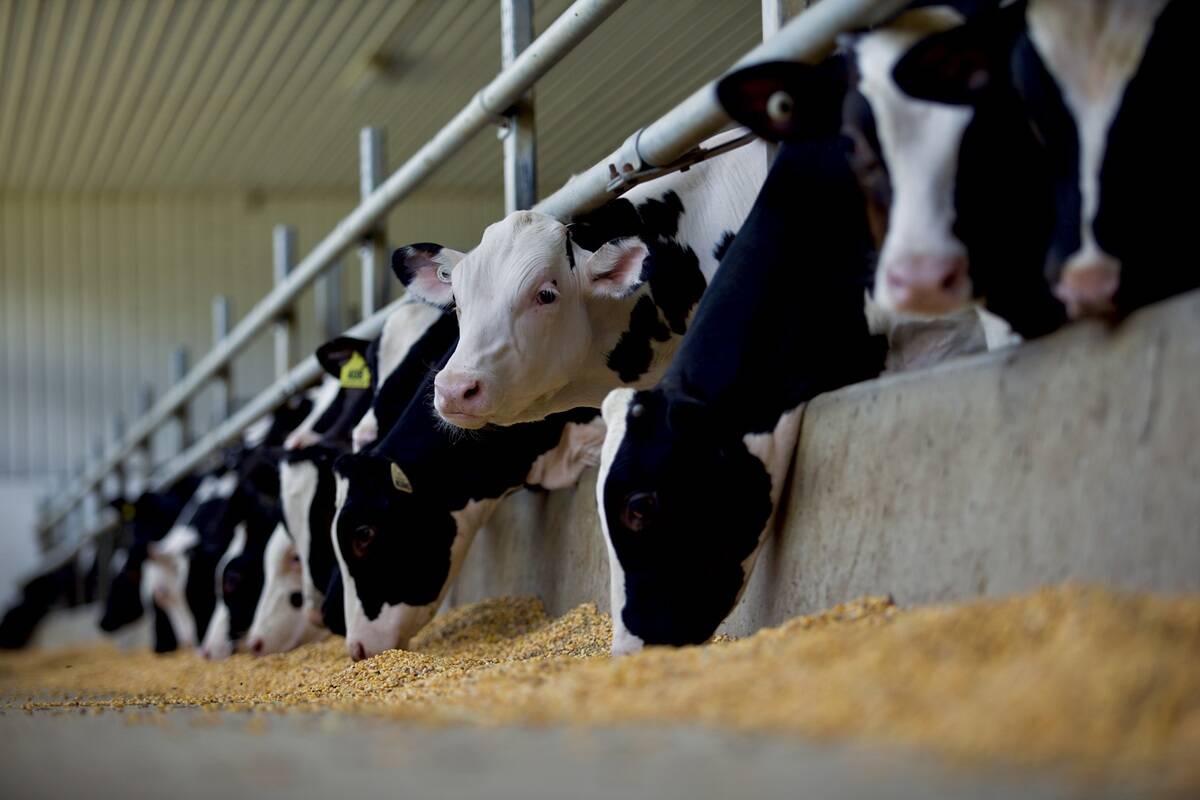Trade ministers from the 12 countries in the Trans-Pacific Partnership have signed their trade agreement, committing them to take the deal to their home governments for review and/or approval.
The deal, which Trade Minister Chrystia Freeland signed on Canada’s behalf on Thursday in Auckland, New Zealand, is expected to see tariffs on Canadian products in the 11 other TPP markets eliminated or dramatically reduced over 15 years following ratification.
Signing countries include Japan, Australia, Malaysia, New Zealand, Singapore, Vietnam and Brunei Darussalam and Canada’s existing free-trade partners, the U.S., Mexico, Chile and Peru.
Read Also

Confusion cleared on Canadian calf import changes
A Canadian Food Inspection Agency (CFIA) announcement on import regulations for feeder calves caused some confusion on the administrative side of Canada’s cattle industry earlier this month
“The signing of the agreement signals an important milestone and the beginning of the next phase for TPP. Our focus now turns to the completion of our respective domestic processes,” the 12 ministers said in a joint statement.
The trade pact is expected to come into force within two years of signature, once member countries have completed their domestic legislative procedures. The deal can come into effect if at least six countries representing 85 per cent of the economy for the TPP region ratify it.
“Signature marks the end of the negotiating process. The text of TPP is agreed, but not yet legally binding,” Todd McClay, trade minister for the host country, said in a separate release.
Freeland, in an open letter last week, said many Canadians at public town halls, meetings and round tables, and in writing, “feel the TPP presents significant opportunities, while others have concerns.”
Consultations with provincial and municipal officials, students, labour leaders and members, business representatives, academic experts and others “are just the beginning of the examination needed to fully understand the TPP’s impact,” she said.
Freeland also said she “will work with my colleagues from all parties to conduct a full and open debate in Parliament” and to run a “robust and transparent examination of the TPP.”
That process, she said, will include “extensive, non‑partisan consideration, analysis, and testimony from all regions, sectors and backgrounds. Most importantly, this process will be fully public.”
Despite concerns over the deal, she said, not attending the signing ceremony “would mean withdrawing from the TPP altogether, even before Canadians have had an opportunity to fully debate its implications. Just as it is too soon to endorse the TPP, it is also too soon to close the door.”
Signing the deal, she added, “does not equal ratifying” but “is simply a technical step in the process, allowing the TPP text to be tabled in Parliament for consideration and debate before any final decision is made.”
Signing, she said, also “preserves Canada’s status as a potential full partner in the agreement, with all of the rights and powers that go with it.”
Canada’s export-oriented ag sectors on Wednesday hailed the move. Patti Miller, president of the Canola Council of Canada, said Canada’s signature puts it at the table in a deal that would increase the value of canola exports.
Eliminating canola oil tariffs in Japan, for one, “is extremely important to our sector,” she said. Rival canola exporter Australia has a bilateral trade agreement with Japan that provides preferential access for Australian canola oil already, the council said.
“Failure to participate in the TPP would forfeit not only $500 million in new export market potential, it would place at serious risk $1 billion of current meat exports,” Joe Reda, president of the Canadian Meat Council, said in a separate release.
“The moment that the TPP enters into force, the status quo will no longer exist,” CMC executive director Jim Laws said in the same release. “The global trading environment will have changed substantially and permanently.”
Canada’s agrifood export sector, he said, “will either be in a position to benefit from the new world reality — or it will retract under the heavy and enduring cost of historic opportunity squandered.”
Sam Allen, CEO of ag machinery giant Deere and Co., which has facilities in seven TPP countries, said in a separate release that a TPP deal “delivers transparent and consistent rules for our investments and freer trade for our products, both of which are increasingly more important as Deere’s global footprint has grown.” — AGCanada.com Network
















